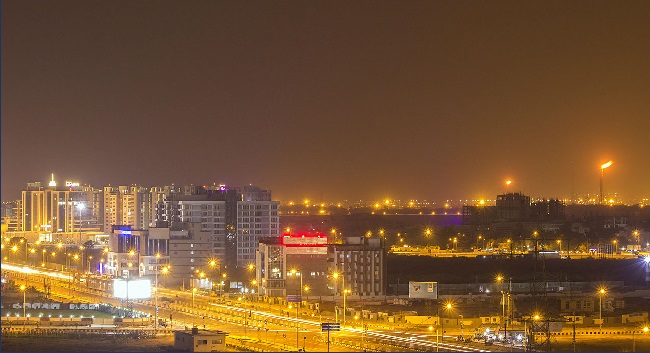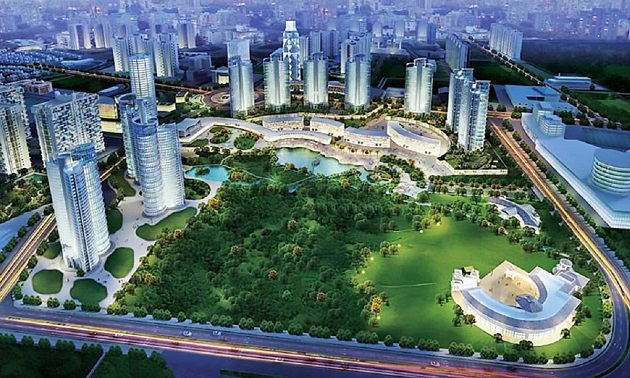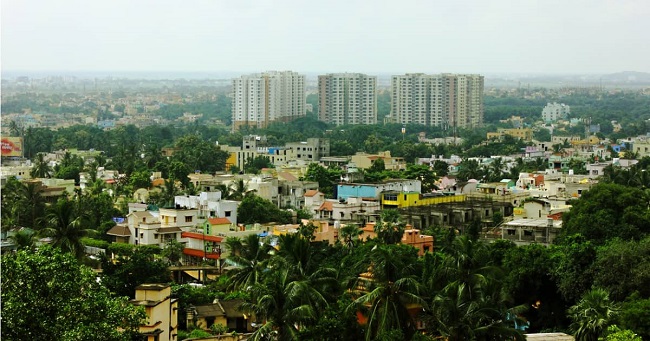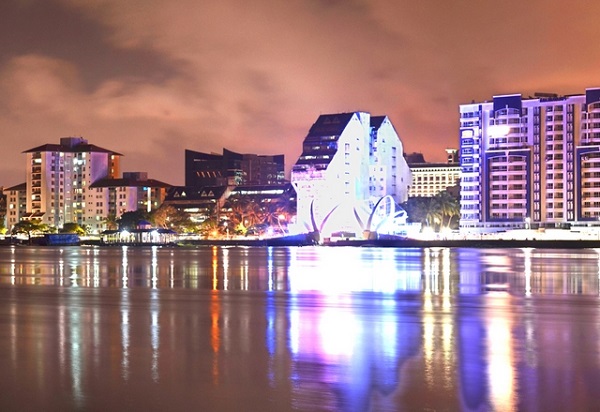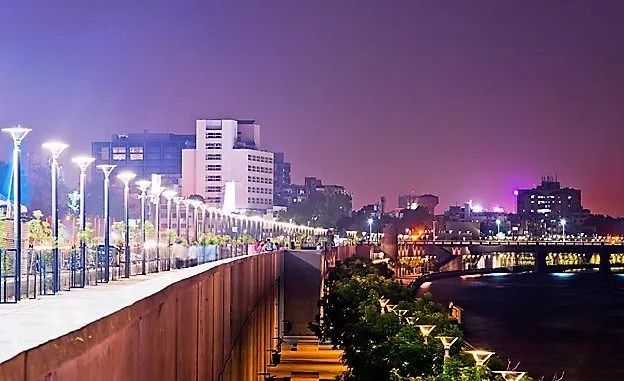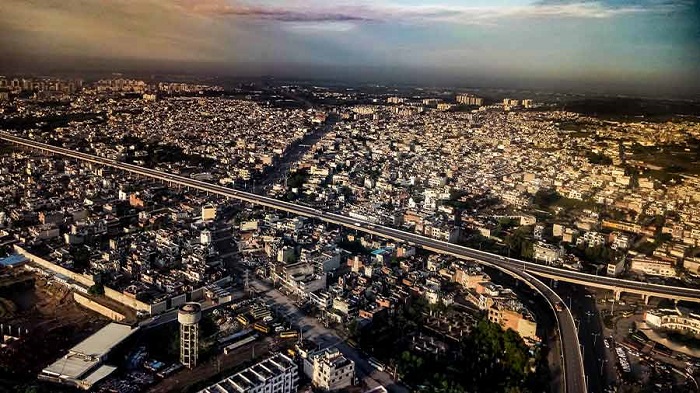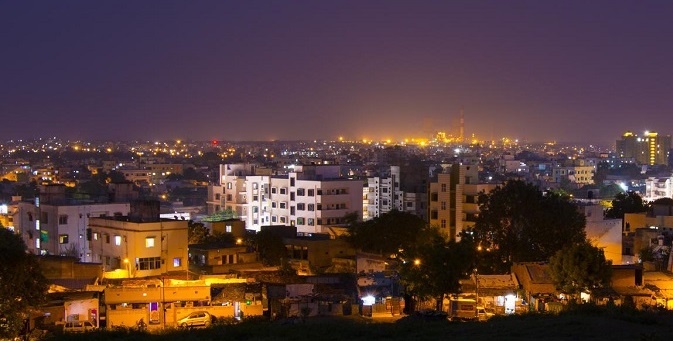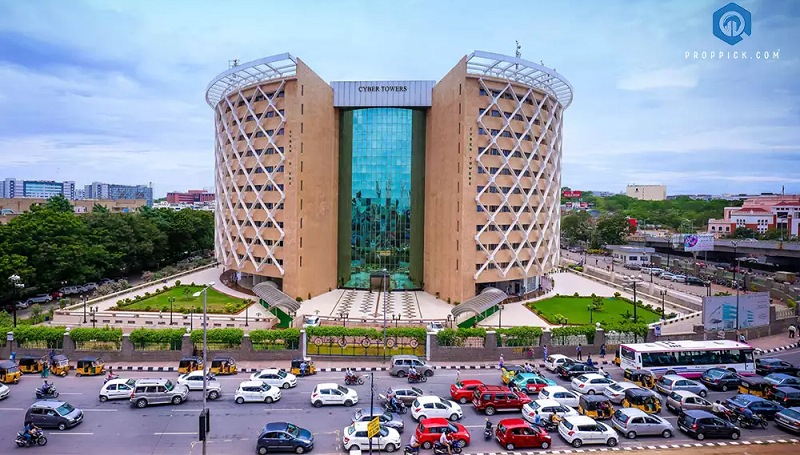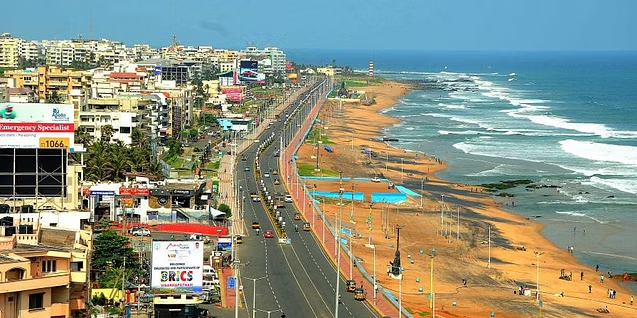In recent years, India has witnessed a transformative journey towards urbanization, with a focus on leveraging technology to enhance the quality of life for its citizens. The Smart Cities Mission, launched in 2015, has propelled the development of cities that use innovative solutions to address urban challenges. In this article, we will explore ten of the top smart cities in India and answer some frequently asked questions about this groundbreaking initiative.
10 Best Smart Cities in India 2024:
Explore the top 10 smart cities in India for 2024, where innovation meets urban living. From sustainable infrastructure to intelligent transportation, discover how these cities are shaping a tech-savvy and interconnected future. Stay updated on the latest developments in India’s Smart Cities Mission for a glimpse into the next frontier of urbanization.
1. Surat, Gujarat:
Surat, a bustling city in Gujarat, has embraced the smart city concept with a focus on sustainable urban development. The city is implementing projects that include intelligent traffic management, waste management, and e-governance to create a more efficient and livable environment for its residents.
2. Pune, Maharashtra:
Known for its vibrant culture and educational institutions, Pune is actively working on smart solutions for urban challenges. Projects related to traffic management, waste management, and infrastructure development are shaping Pune into a city of the future.
3. Bhubaneswar, Odisha:
Bhubaneswar has emerged as a pioneer in the smart cities initiative. The city’s projects span various domains, including urban mobility, affordable housing, and the development of public spaces. These initiatives aim to make Bhubaneswar more inclusive and technologically advanced.
4. Jaipur, Rajasthan:
The Pink City, Jaipur, is on a mission to integrate smart solutions into its urban fabric. Initiatives such as intelligent traffic management, smart water utilization, and the creation of green spaces underline Jaipur’s commitment to sustainable development.
5. Kochi, Kerala:
In the southern state of Kerala, Kochi is leveraging technology to enhance its urban landscape. Projects focused on water transport, waste management, and renewable energy showcase Kochi’s dedication to becoming a smart and eco-friendly city.
6. Ahmedabad, Gujarat:
As one of India’s major cities, Ahmedabad is making strides in smart infrastructure and e-governance. The city’s initiatives are aligned to foster sustainable development and improve the overall quality of life for its residents.
7. Chandigarh:
Designed by renowned architect Le Corbusier, Chandigarh is embracing modernity through smart urban solutions. From intelligent traffic systems to efficient waste management, Chandigarh is on a path to becoming a model smart city in Northern India.
8. Nagpur, Maharashtra:
Nagpur, located in the heart of India, is utilizing technology to address urban challenges. The city’s smart initiatives include intelligent transportation systems, sustainable energy solutions, and the development of smart city command and control centres.
9. Hyderabad, Telangana:
The “City of Pearls,” Hyderabad, is at the forefront of the smart cities movement. With a focus on technology-driven solutions, the city is implementing projects related to smart parking, waste management, and the creation of a robust IT infrastructure.
10. Vishakhapatnam, Andhra Pradesh:
Vishakhapatnam, often referred to as Vizag, is leveraging its coastal location to drive smart development. The city’s initiatives include smart waste management, the use of renewable energy sources, and the development of intelligent transportation systems.
FAQs:
Q1: What is the Smart Cities Mission in India?
A1: The Smart Cities Mission is an ambitious initiative by the Government of India, launched in 2015, to promote sustainable and inclusive urban development by using technology and innovation.
Q2: How are these cities selected?
A2: Cities are selected based on a competitive process that involves the submission of proposals outlining their vision, projects, and funding requirements.
Q3: What types of projects are undertaken in smart cities?
A3: Smart cities implement projects ranging from intelligent transportation systems, waste management, and e-governance to sustainable energy solutions, green spaces, and affordable housing.
Q4: How does the Smart Cities Mission impact citizens’ lives? A4:
The mission aims to enhance citizens’ lives by improving urban infrastructure, increasing efficiency in service delivery, and promoting sustainable development.
Q5: Are smart cities only about technology? A5:
While technology plays a crucial role, smart cities also focus on social, economic, and environmental sustainability to create holistic urban environments.
India’s journey towards smart urbanization is marked by transformative initiatives in its cities. The Smart Cities Mission reflects the nation’s commitment to leveraging technology for inclusive and sustainable urban development. As these cities continue to evolve, the smart cities landscape in India holds the promise of a technologically advanced and livable future.

